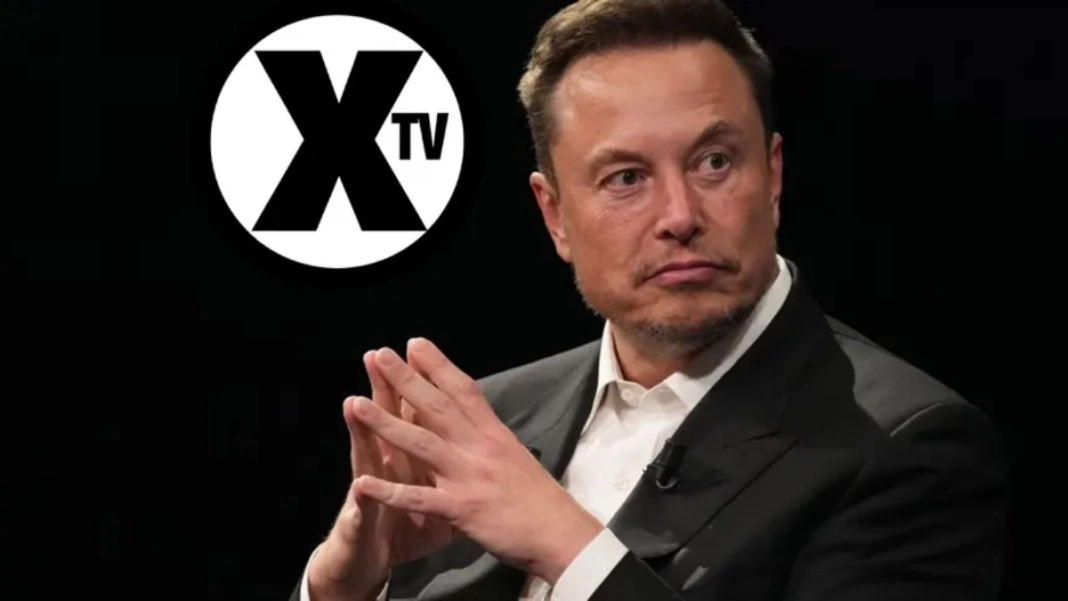Three months after being appointed head of the newly created Ministry of Efficiency (nicknamed “The Doge”) by Donald Trump, Elon Musk is scaling back his ambitious plans to slash federal spending. Initially pledging $2 trillion in savings, the Tesla and SpaceX CEO is now expected to achieve only 15% of that target, according to a New York Times investigation.
Tasked with reforming the federal government through aggressive budget cuts—a role reminiscent of Javier Milei’s “chainsaw” approach in Argentina—Musk made sweeping and dramatic declarations. Yet the results have been modest, marred by errors and misstatements. The largest budget cut he claimed—$2 billion slashed from veterans’ services—had in fact already been enacted under the Biden administration, well before Musk took office.
Another flashpoint came with the abrupt firing of 100,000 federal employees in February, announced via letter on Valentine’s Day. The unprecedented layoff plan could ultimately affect up to 200,000 positions, according to internal documents cited by the press.
Meanwhile, several NGOs and Democratic lawmakers are accusing Musk’s team of unlawfully accessing sensitive files. The New York Times reports a data breach involving the use of Starlink—a SpaceX subsidiary—to transfer classified information, raising serious national security concerns.
The Secretary of Defense is also facing allegations of conflict of interest regarding the management of federal contracts. Behind the scenes, tensions are mounting: Musk reportedly called Peter Navarro, Trump’s top trade advisor, a “moron,” and is said to be at odds with the Treasury Secretary.
Trump’s Waning Support?
Sources close to the White House suggest that Donald Trump is considering terminating Elon Musk’s federal appointment by the end of June. The billionaire’s growing unpopularity—both with the public and within Trump’s own team—has only intensified speculation.
Musk’s cuts have largely targeted scientific agencies. Thousands of researchers in climate science, public health, and the humanities have been laid off. The United States, which spends 5% of its GDP on research and development, now risks losing its technological edge.
Key agencies such as the National Weather Service and federal public health centers have reportedly been dismantled, raising fears of serious consequences in the event of a natural disaster or a new pandemic.
Furthermore, Donald Trump’s economic policies—combined with Musk’s decisions—are casting a shadow over the American economy. Increased tariffs on Chinese goods have led to investor hesitation. Projects are being postponed, massive stockpiling is temporary, and a wave of business bankruptcies is underway.


